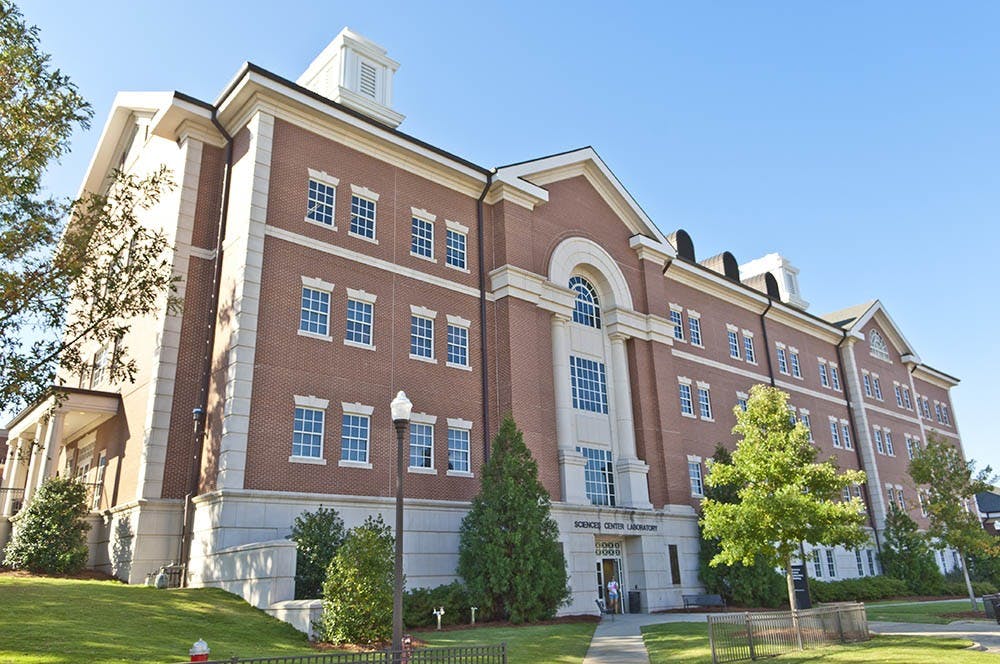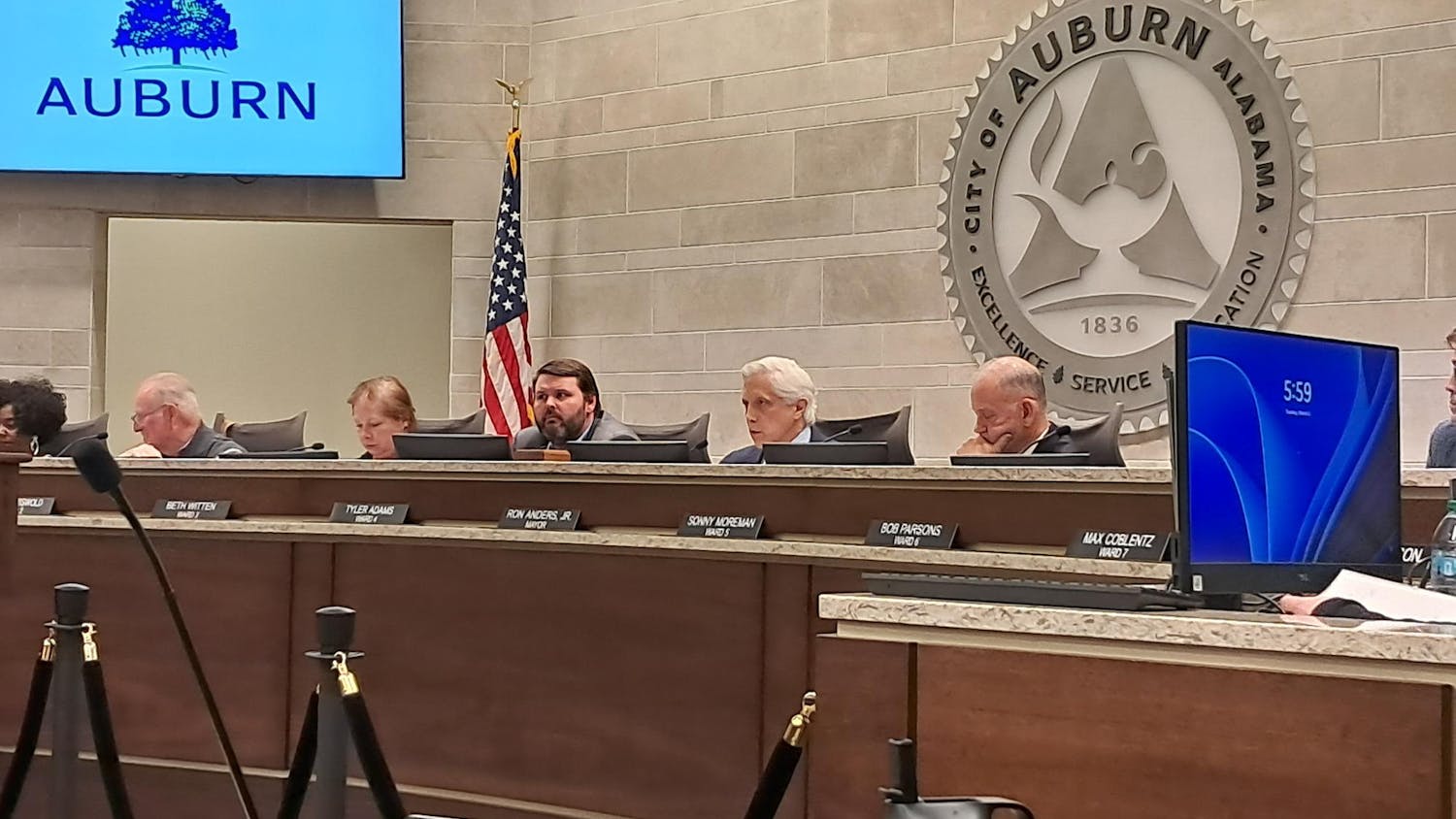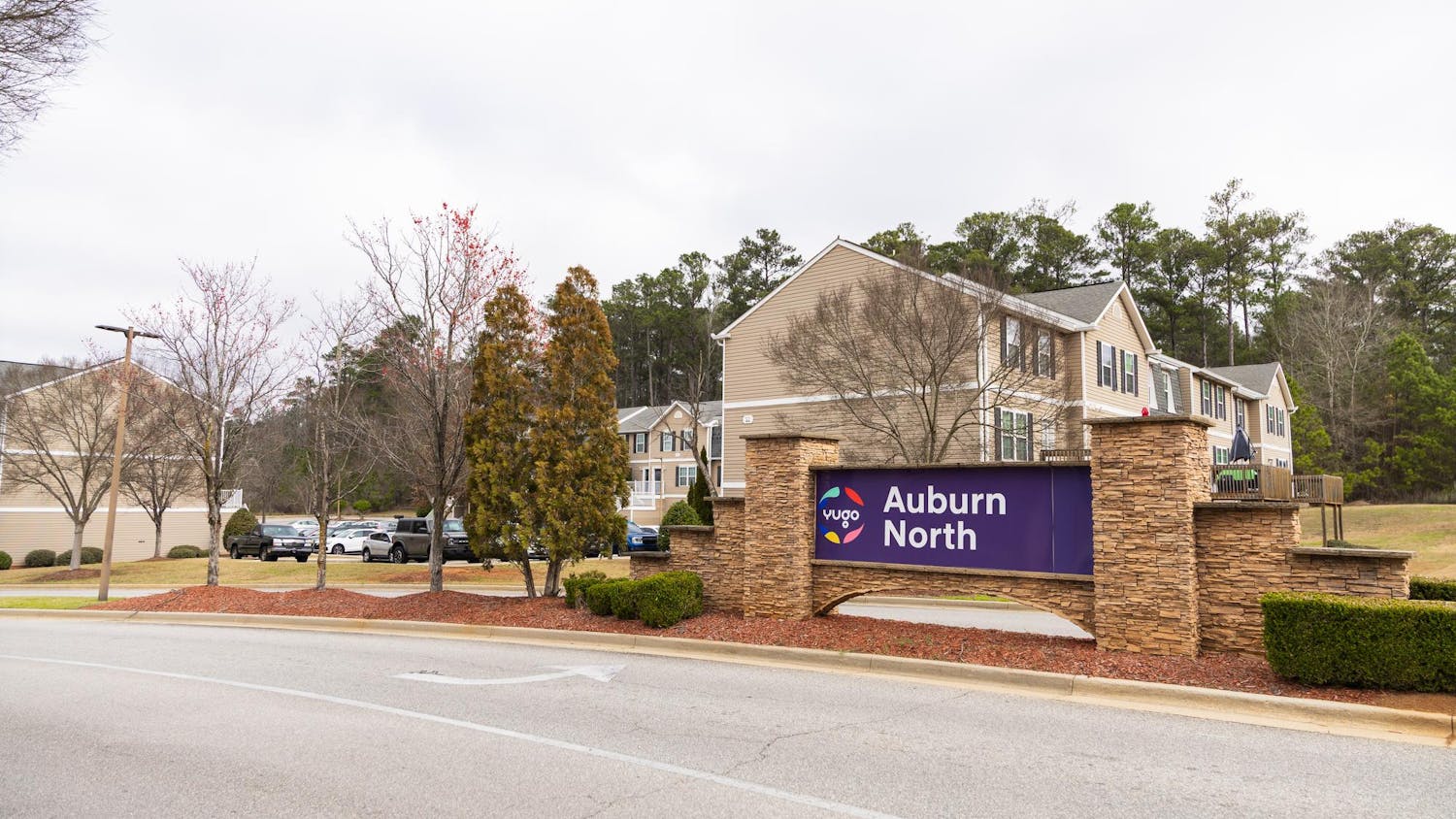This letter is submitted by five professors representing all of the STEM disciplines in the College of Science and Mathematics and the Associate Director for Educational Development of the Biggio Center for the Enhancement of Teaching and Learning. We are writing in response to a recent column and letter to the editor in The Plainsman regarding “weed-out” STEM courses at Auburn.
First off, we hear you.
The concerns expressed in those articles are legitimate. High enrollment and introductory STEM courses have always had higher failure and withdrawal rates than other courses—this is true everywhere, not just at Auburn. Additionally, there is research that indicates these courses “weed out” students from underrepresented demographics at a higher rate and discourage them from persisting in STEM fields.
But there is hope--especially now at Auburn. These are a few of the most promising institutional changes that are already moving the needle on student success and have huge potential to further elevate our institution as a place where all students thrive:
EASL Classrooms
Perhaps most notable is our investment in Engaged and Active Student Learning (EASL) classrooms in new buildings like Mell Classroom @ RBD Library, Nursing Building, and Brown-Kopel Engineering Student Achievement Center.
EASL rooms are designed to support student collaboration and to encourage faculty to use active learning approaches.
Active learning can take many forms but essentially means that students are engaged in the learning process during class time, and not simply receivers of information. Study after study confirms that well-designed active learning leads to higher rates of student success, especially in undergraduate STEM courses.
Biggio Center
Auburn has doubled-down on the potential of these spaces. In fact, in Fall 2022 the Academic Classroom and Laboratory Complex (ACLC) will increase the number of EASL classrooms on campus by 40%. This building will support large lecture STEM courses and laboratories.
The Biggio Center for the Enhancement of Teaching and Learning—a unit dedicated to supporting faculty to redesign courses using inclusive, evidence based, and learner-centered approaches—will relocate to the ACLC building so that STEM faculty have the resources and support they need to ensure all students have transparent pathways to succeed.
Discipline-Based Educational Researchers
One of the most important indicators of Auburn’s commitment to student success is its investment in Discipline-Based Educational Research faculty.
These faculty hold disciplinary expertise in a field (like any other professor) but their research seeks to answer questions about how people learn in the discipline and the impact of different teaching strategies.
These faculty are leading change not only at Auburn, but across the entire higher education landscape as they push the envelope to discover the most effective and inclusive practices in STEM teaching. The five DBERs working in COSAM, for example, have helped to identify and implement practices such as: active learning strategies, fewer high-stakes exams, behaviors that emphasize growth versus fixed mindsets, increased use of clear grading rubrics & transparent grading practices, emphasis on concepts as opposed to algorithms, and promoting self-efficacy.
We share all this as evidence of Auburn’s deep commitments to student success and because we believe the future is bright. But we also know that there are real challenges, right now, that faculty and students alike are working to overcome. Many of those challenges, on both sides, arise from competing demands on time and resources.
Demands on Faculty
Not all faculty are hired exclusively to teach classes, they are often expected to spend the majority of their time doing research and are heavily evaluated based on their research contribution. There are some faculty that are evaluated solely on teaching. These faculty typically have high course loads and hundreds of students in any given semester. Yet another barrier to faculty innovation is the fear that their teaching evaluations will take a hit. Although research demonstrates that active learning leads to higher rates of success, there is also research that shows that students do not always like it.
Demands on Students
Similarly, students must balance the competing demands of course work with their professional, familial, social and other types of obligations. STEM content is difficult to learn under the best of circumstances but if you add any kind of additional factor (for example an illness, physical impairment, stress, financial uncertainty, cultural barrier, or any other variable contributing to a feeling of “otherness” or “belonging uncertainty”) then, according to the research, the likelihood of success in a STEM course drops even further.
Some Recommendations
We hope this conversation increases empathy and understanding of the challenges faced by both students and faculty.
To the faculty: we strongly encourage you acknowledge that many students here at Auburn in your class interpret your actions as if your intention is to prevent them from pursuing STEM careers, even though we know it is not. Take these perceptions to heart and learn about inclusive teaching practices without sacrificing the rigor your discipline demands. Sometimes active learning or inclusive teaching sounds like it will require a complete overhaul of your course, but many times big outcomes can be observed from relatively minimal reforms.
To our students: many topics in STEM are cognitively challenging and you may not fully understand them on your first pass. This is completely normal and it does not indicate that you are “not good enough” nor does it indicate that you don’t belong in your major or field of study. If you worry you “do not have what it takes” to become a scientist, engineer, or mathematician the issue is not that you lack something but that you have been given a false impression — and you are not alone. If you use the many resources Auburn offers (like the Academic Support office where you can receive not only tutoring but academic coaching tailored to your needs), develop effective study skills, and identify strong mentors and role models you will be able to succeed. We — your STEM faculty — believe in you and look forward to supporting and empowering you as the next generation of STEM leaders.
Jordan Harshman is an assistant professor in chemistry and biochemistry.
Karen McNeal is a professor in geosciences.
Eric Burkholder is an assistant professor in physics and chemical engineering.
Melinda Lanius is an assistant professor in mathematics and statistics.
Cissy Ballen is an assistant professor in biological sciences.
Lindsay Doukopoulos is an associate director for educational development at the Biggio Center.
The opinions expressed in columns and letters represent the views and opinions of their individual authors.
These opinions do not necessarily reflect the Auburn University student body, faculty, administration or Board of Trustees.
Do you like this story? The Plainsman doesn't accept money from tuition or student fees, and we don't charge a subscription fee. But you can donate to support The Plainsman.





